Protein powder has become a highly popular dietary supplement among fitness enthusiasts, athletes, and health-conscious people. While it undoubtedly offers various benefits, such as aiding muscle recovery and supporting muscle growth, it has also attracted its fair share of misconceptions and myths. In this article, we will debunk some common myths about protein powder and give you the facts!
Myth 1: Plant protein is not as effective as whey protein
A common misconception when it comes to choosing a protein powder is that whey-based proteins are a superior choice. This is based on the fact that whey protein is considered a complete protein as it contains all 9 essential amino acids, whereas most single plant-based proteins do not, with the exception of soy protein. However, by simply blending multiple plant proteins together, you can achieve a complete amino acid profile. In terms of muscle growth, research suggests that whey protein does not possess any unique anabolic properties over and above those of plant-based proteins when the essential amino acid profile is equal.
Our CMBT Reload Plant Based Recovery Protein contains a blend of sprouted brown rice, fermented pea, sacha inchi and pumpkin powders with a complete amino acid profile and additional leucine for maximum muscle repair and recovery. It also contains curcumin which has been shown to reduce exercise induced soreness, electrolytes for hydration, probiotics for gut health & immune function.
Myth 2: Protein powder damages your kidney health
One of the most pervasive myths surrounding protein powder is its alleged association with kidney damage. This belief is based on the idea that high protein intake places undue stress on the kidneys. However, numerous studies have shown that in healthy individuals with no pre-existing kidney conditions, consuming moderate to high amounts of protein does not negatively impact kidney function. A comprehensive review published in the Journal of Nutrition and Metabolism concluded that high-protein diets do not harm kidney function in healthy individuals.
Myth 3: Protein powder is only for people who exercise or go to the gym
While protein powder is popular among people who exercise or lift weights due to its role in muscle repair and growth, it’s not exclusively reserved for them. Protein is an essential macronutrient that plays a crucial role in many other various bodily functions that extend past muscular support, including enzyme production, hormone regulation, and immune system support. Therefore, protein powder can benefit anyone who is looking to supplement their protein intake for optimal health in an easy and convenient way.
Myth 4: Protein powder leads to weight gain
You’ve probably heard someone say “protein powder makes you bulky”. Some people fear that incorporating protein powder into their diet will lead to unwanted weight gain. However, it is important to understand that weight gain occurs when you are in an overall caloric surplus (consuming more calories than you burn), not solely due to protein consumption. In fact, protein can actually support weight loss by promoting satiety and preserving lean muscle mass during periods of calorie restriction. A study published in the American Journal of Clinical Nutrition found that higher protein intake helps maintain your metabolic rate and supports fat loss during periods of dieting.
Myth 5: Protein powder is unsafe for long term use
Concerns have been raised about the safety of using protein powder over an extended period. What a lot of people don’t realise is that protein powders are made from real food sources, so you are essentially just consuming these foods in powdered form. Numerous long-term studies have demonstrated that high quality protein powders, when consumed in moderation as part of a balanced diet, are safe for most people. A review published in the International Journal of Sports Nutrition and Exercise Metabolism concluded that prolonged consumption of protein supplements does not adversely affect clinical markers of health in healthy individuals.
Protein powders are a safe and effective dietary supplement that offers numerous benefits, including muscle support, weight management, and overall health improvement. As with any dietary supplement, it's essential to consume protein powder in moderation and consult with a healthcare professional or registered dietitian if you have any specific health concerns or conditions.
If you are looking for a high quality protein powder to support your nutritional needs, our CMBT Reload Protein ticks all of the boxes. Designed for those wanting the highest quality, low-calorie protein powder with additional ingredients to help with post-training recovery, gut health, cognitive performance, and hydration - CMBT Reload Protein is the all-in-one protein formula to fuel your bravery. Click here to find out more.



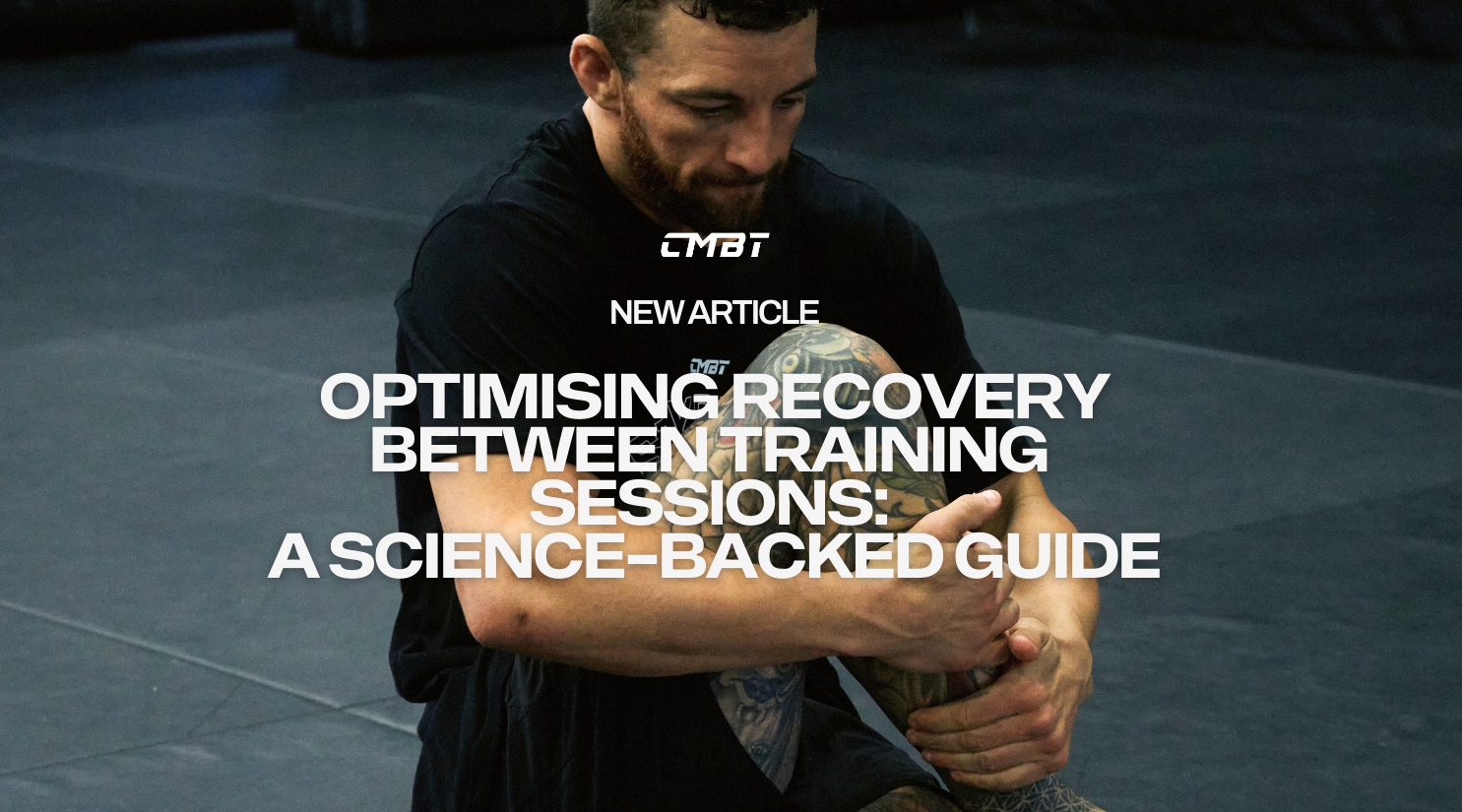






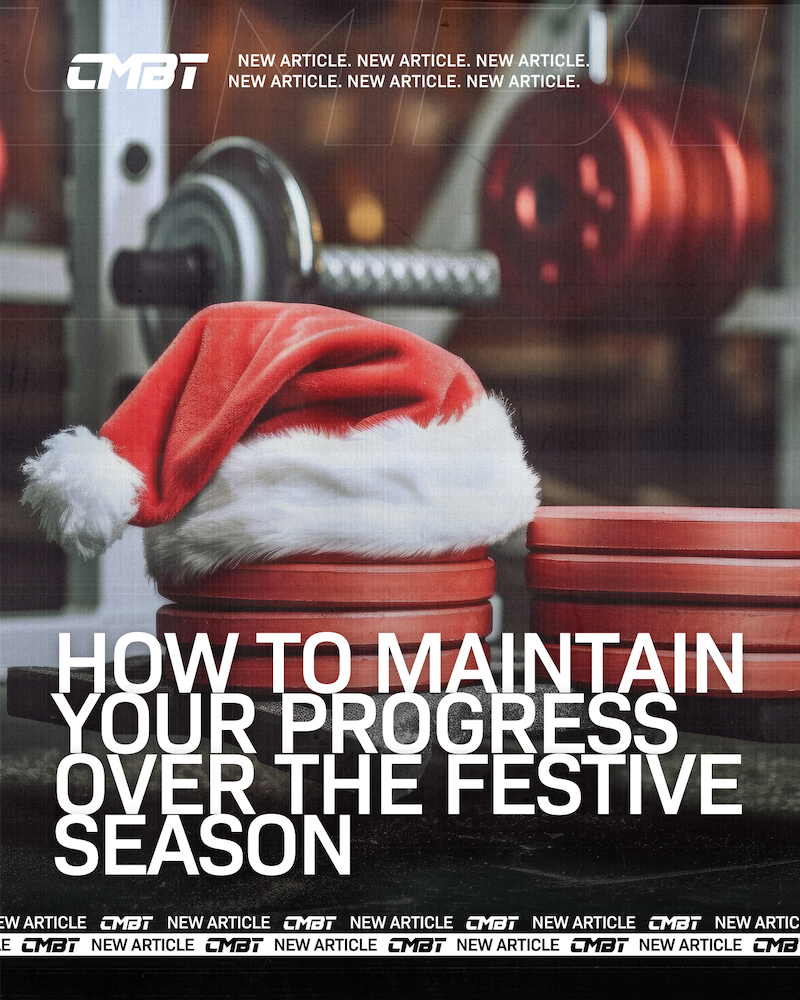






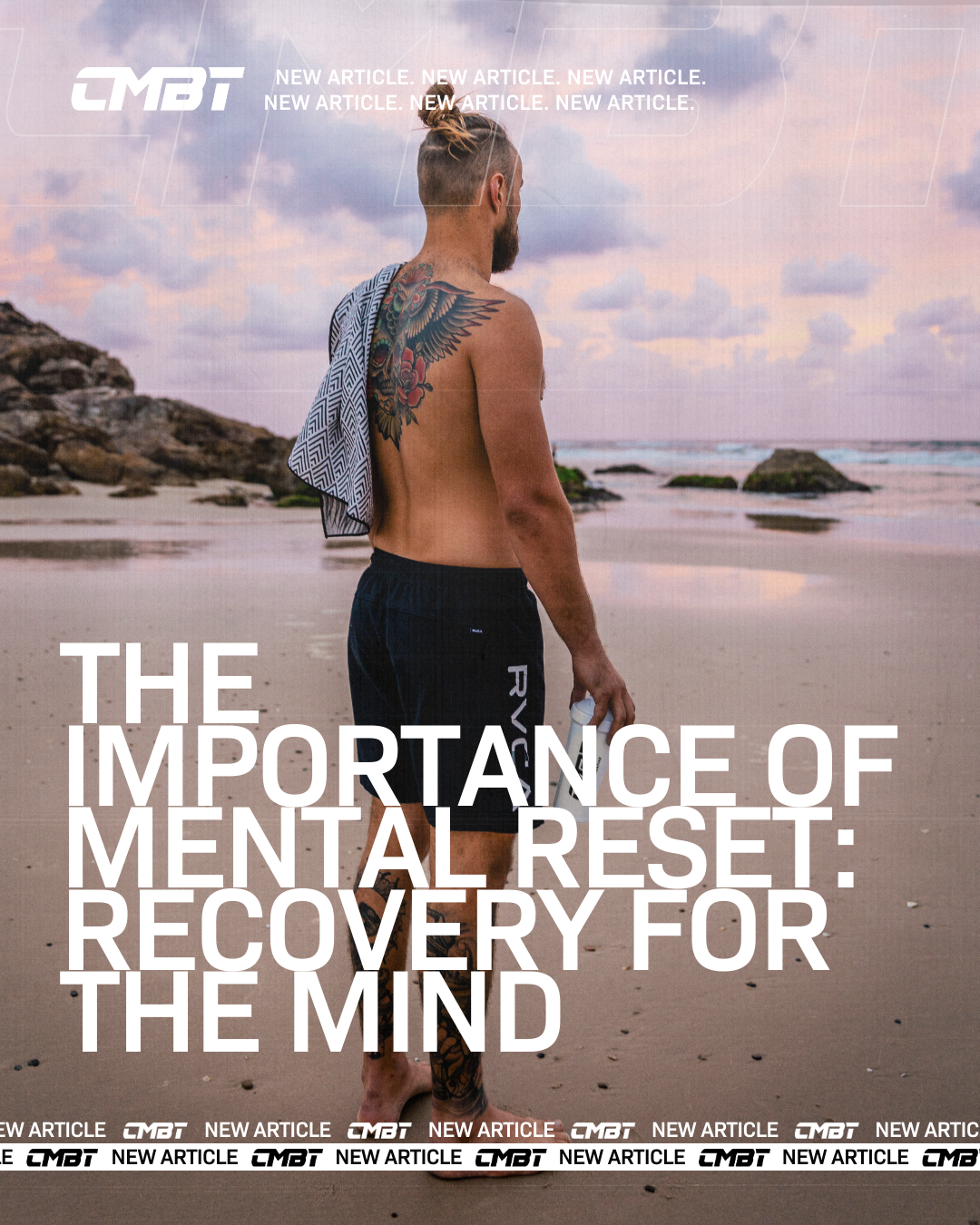
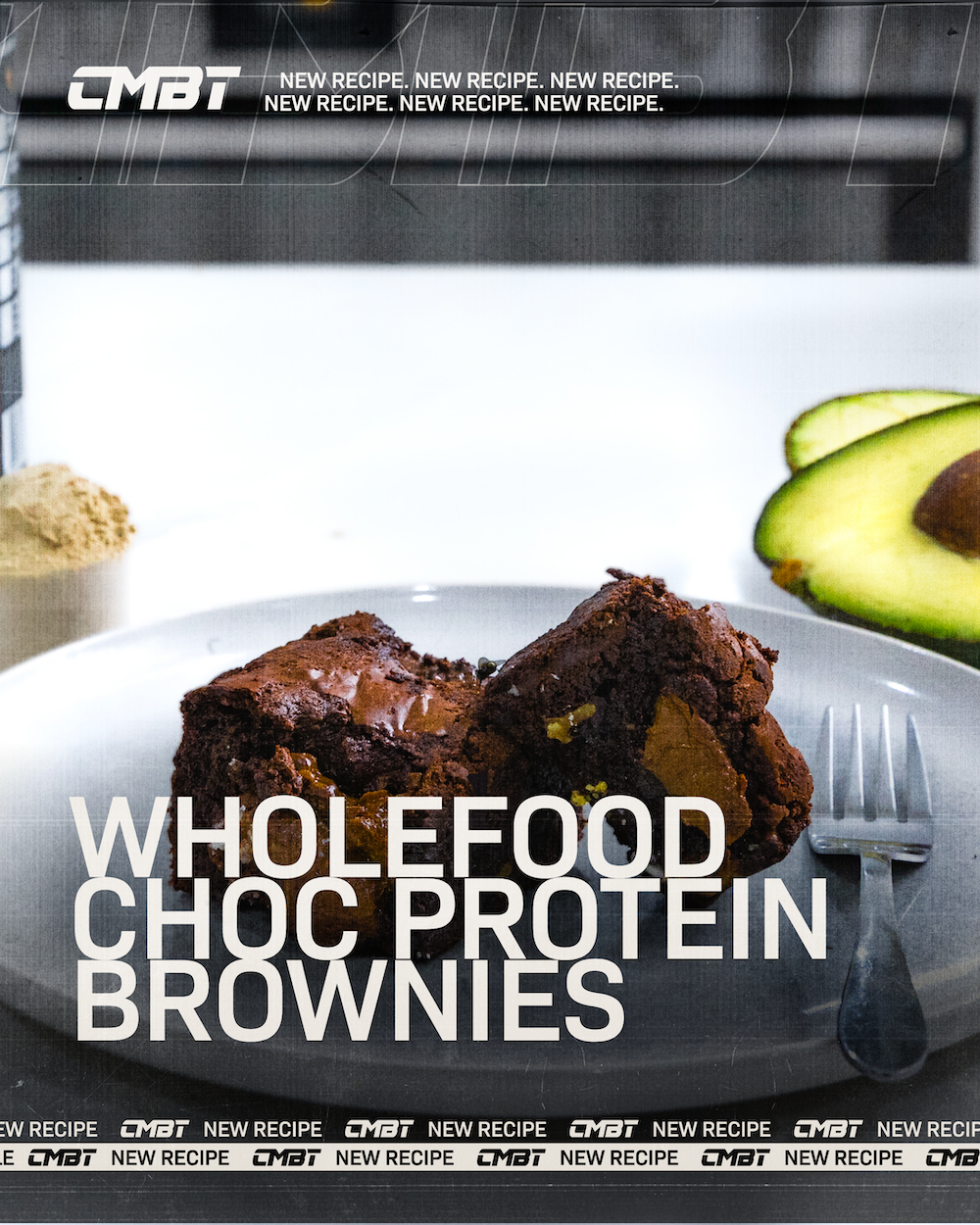

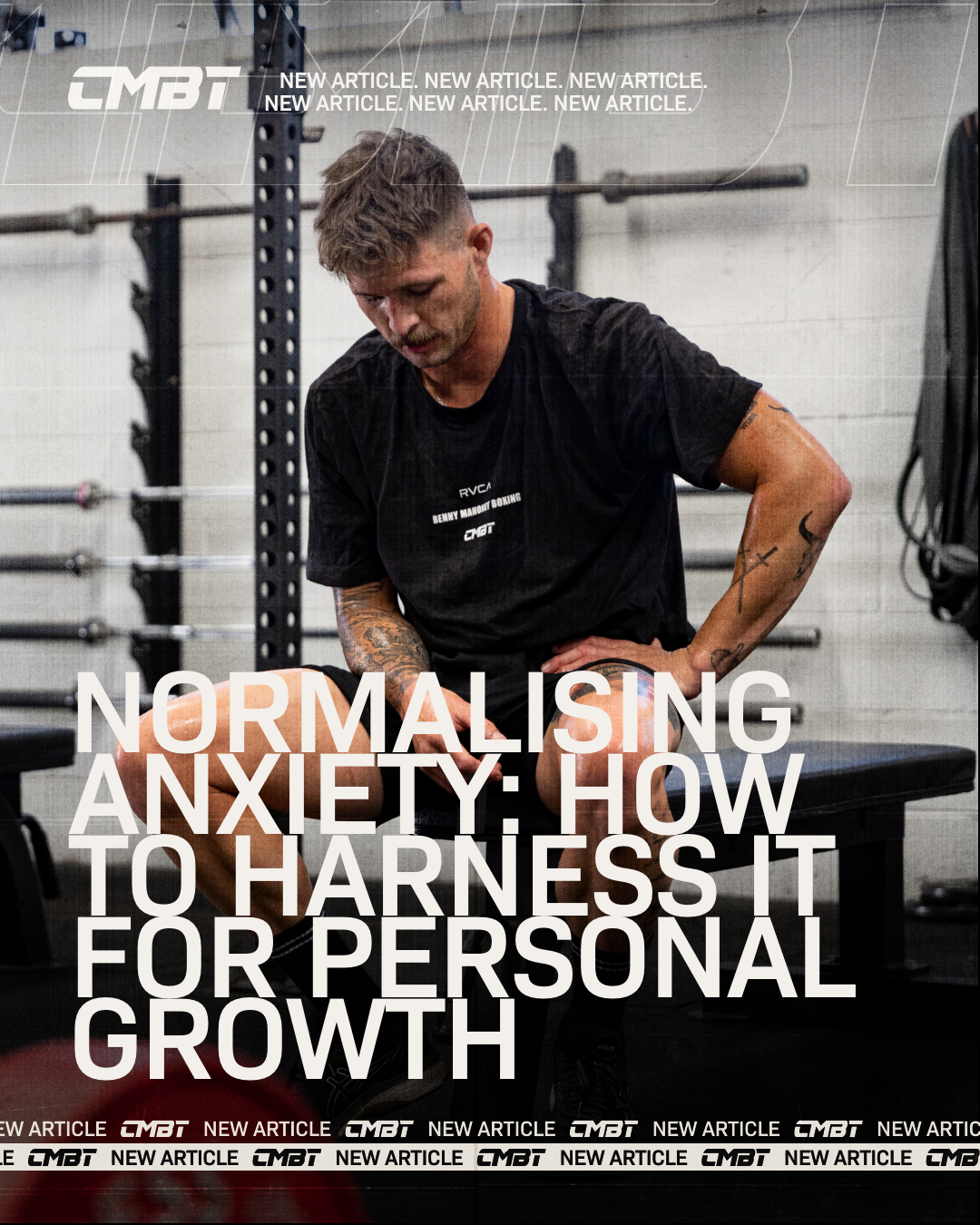












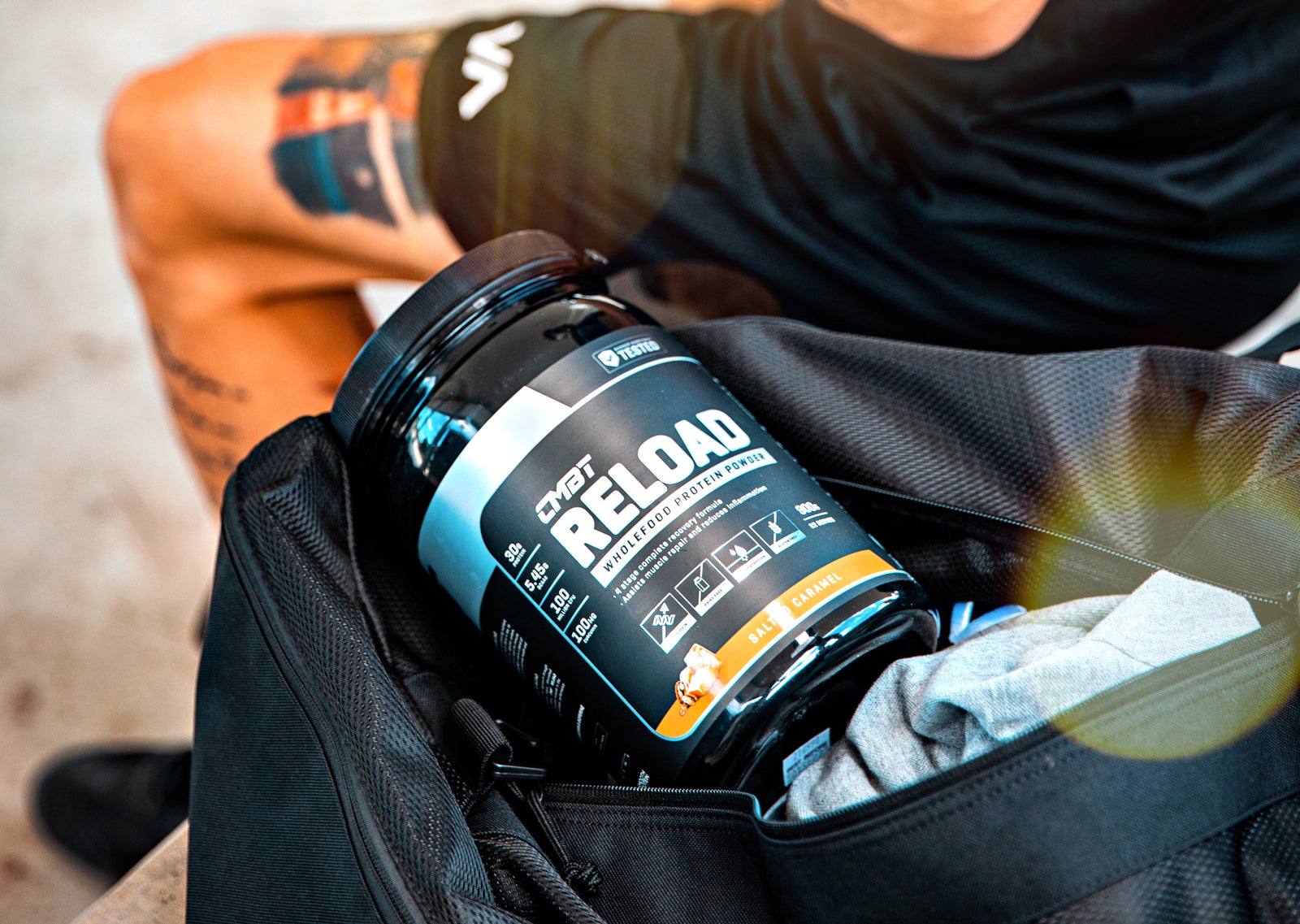












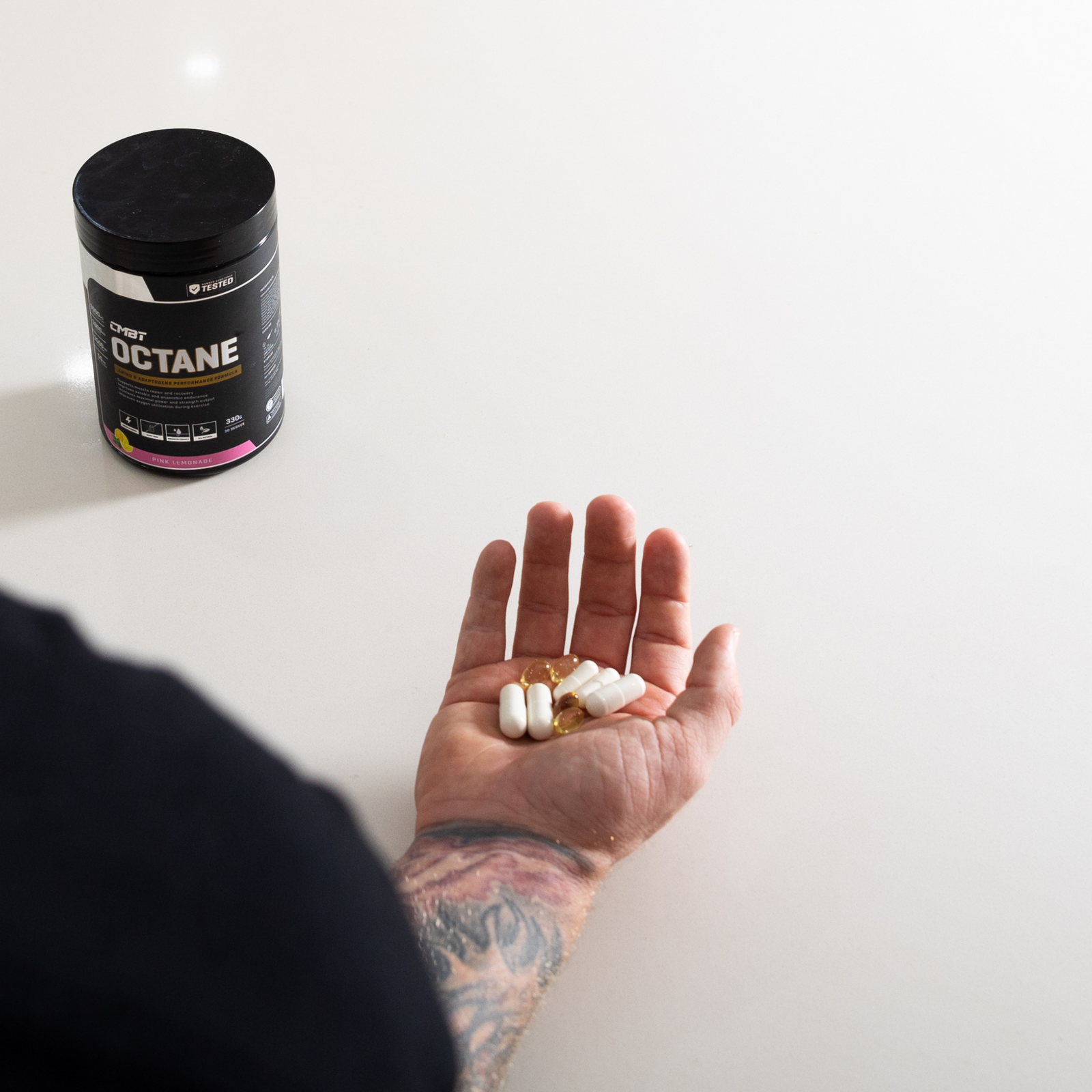


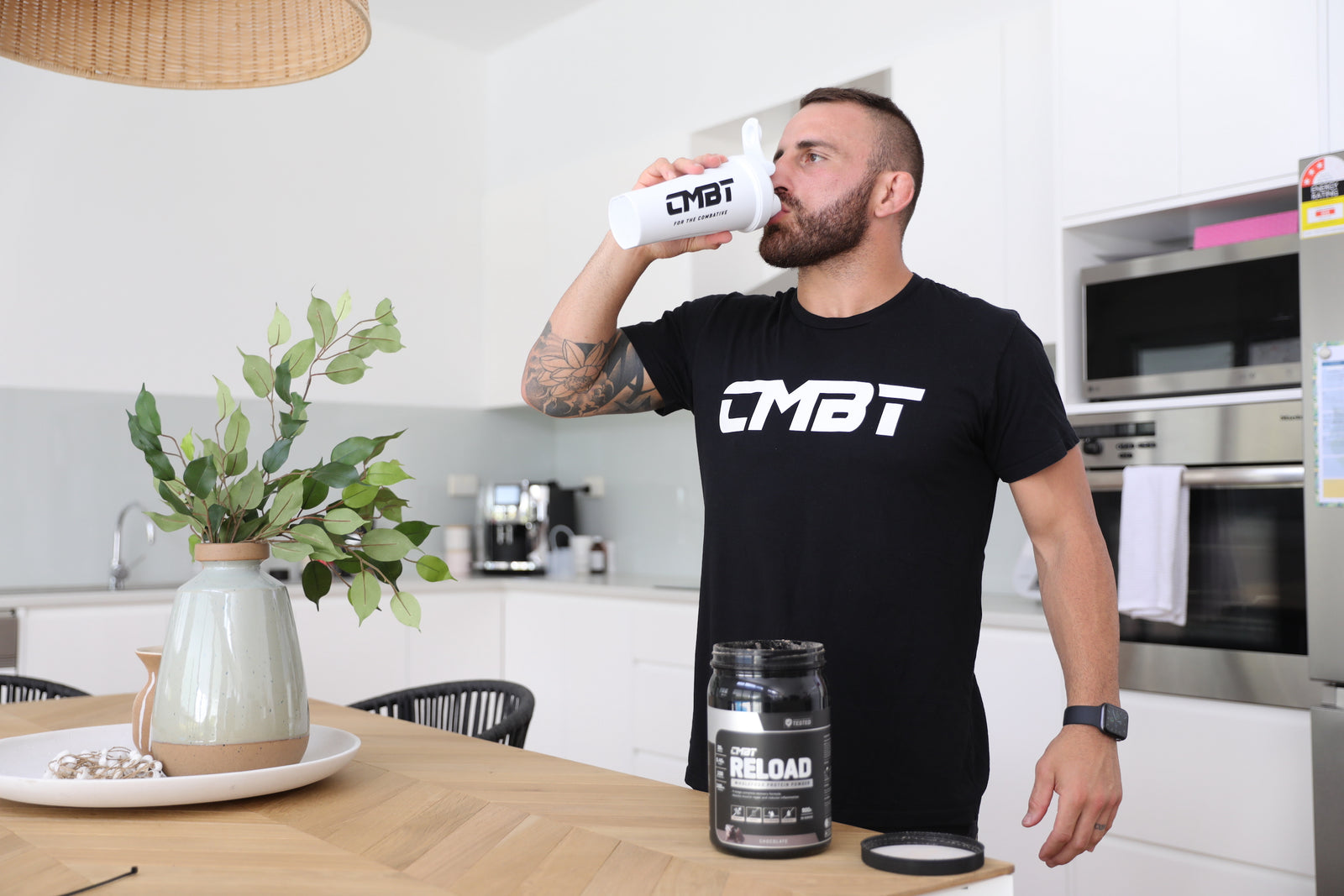
![[VIDEO] Fuel Your Passion feat. Sami Locke](http://cmbt.com.au/cdn/shop/articles/Sami.jpg?v=1625826844&width=1600)